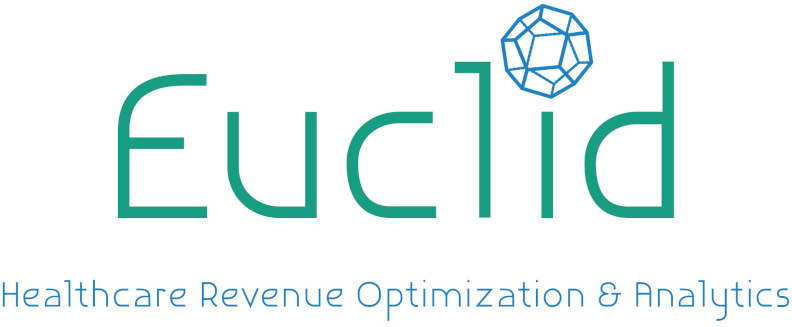If you work in a hospital or healthcare practice, you’ve heard of Revenue Cycle Management or RCM software. Yet, what exactly is it and how can it help manage revenue efficiently? Here are five key benefits that RCM software offers to medical practices from the team at Euclid RCM.
1. Improved Revenue and Cash Flow Management:
First and foremost, RCM software automates the billing and collection process. This not only helps medical practices optimize revenue collection, but also creates a way to capture patient data, generate claims, and track payments. This leads to improved cash flow management and minimizes revenue leakage due to missed charges or coding errors.
2. Enhanced Claims and Denial Management:
Unfortunately, manual billing processes are prone to errors, resulting in claim denials and delayed reimbursements. RCM software integrates coding guidelines and payer rules to ensure accurate claim submissions, reducing the likelihood of rejections or denials.
Additionally, RCM software provides robust denial management tools that enable practices to identify and address claim discrepancies promptly, thereby accelerating reimbursement cycles and optimizing cash flow.
3. Streamlined Administrative Workflow:
Beyond automating the billing and collection processes, RCM software can also automate administrative tasks such as appointment scheduling, insurance verification, and eligibility checks, allowing staff to focus on patient care rather than tedious paperwork.
Ultimately, by placing patient information and financial data in one place, RCM software simplifies workflow processes in order to promote operational efficiency. Furthermore, RCM software often offers real-time reporting and analytics which enable administrators to monitor KPIs (Key Performance Indicators) to make informed decisions about revenue and cash flow.
4. Compliance with Regulatory Requirements:
One of the greatest challenges in healthcare is making sure your medical practice stays aligned with healthcare regulations and billing standards. Effective RCM software incorporates industry regulations and coding guidelines, ensuring adherence to compliance standards such as HIPAA and ICD-10.
Essentially, RCM software facilitates regulatory compliance with built-in audit trails and documentation features. Ultimately, this mitigates the risk of penalties or fines associated with non-compliance, benefiting the financial integrity of any hospital or healthcare institution.
5. Enhanced Patient Satisfaction:
Beyond enhanced cash flow and automated features, an efficient revenue cycle directly impacts the patient experience as well. RCM software enables medical practices to provide transparent billing practices, accurate cost estimates, and convenient payment options, building trust and loyalty among patients. By delivering an efficient financial experience, medical practices and hospitals can not only enhance patient satisfaction but also strengthen their reputation in the healthcare community.
The Difference with Euclid RCM
From improved revenue collection to enhanced patient satisfaction, RCM software offers numerous benefits that are essential for the financial health of any medical practice or hospital. By embracing RCM software solutions, medical practices can navigate the stress of revenue cycle management effectively and thrive in today’s dynamic healthcare environment.
Are you struggling to optimize the efficiency of your revenue cycle? Can’t find a software solution that has the features you need without the enterprise-level cost? Euclid RCM is the choice for billing services companies, healthcare providers, and hospitals.
For more information on how Euclid RCM could transform your hospital’s revenue cycle, Schedule a free demo today!
Get Started
Request a Demo
Euclid Has the Solution to Your Revenue Cycle Challenges
Breaking down the challenges you face to make operating your bill pay easier


